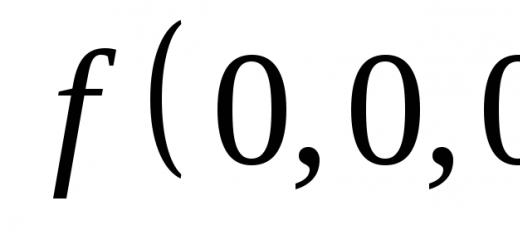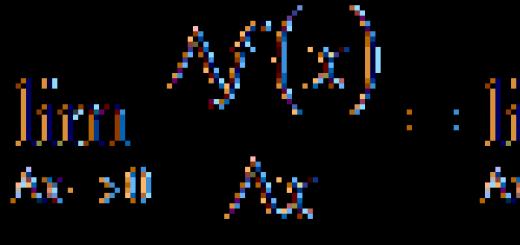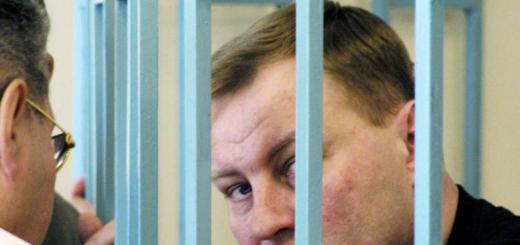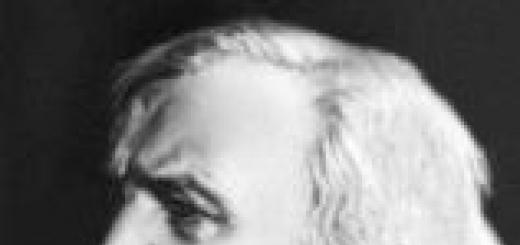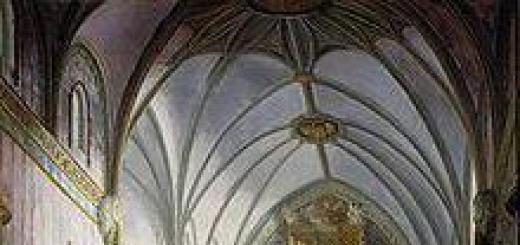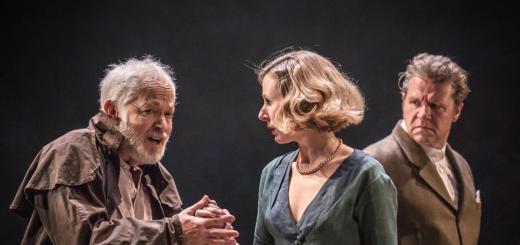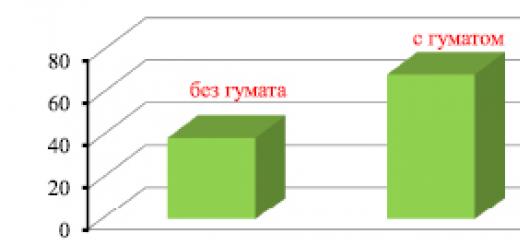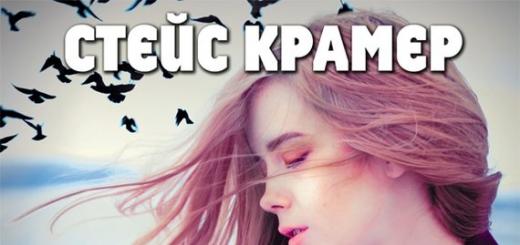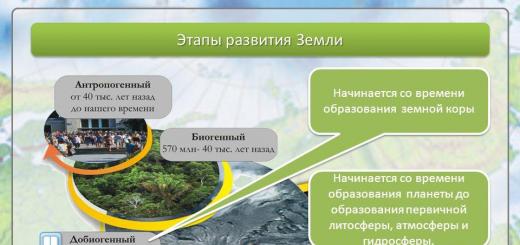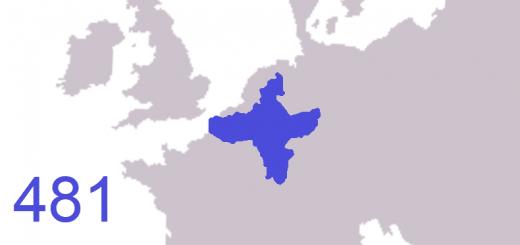Neurologist, epileptologist, director of the center
Education:
2000 VSMU, Candidate of Medical Sciences
1990 Harbin Medical University (China), internship in traditional Chinese medicine and acupuncture
1985-1987 VSMU, Clinical residency in neurology
1985 VSMU, pediatrician
Experience:
2014-present TSMU, Department of Psychiatry and Psychology, teacher
2011-present European movement “Association of Epileptologists”, leader
1997-present International medical Center"Nevron", neurologist, epileptologist, director
1993-1997 State Budgetary Institution of Children's Clinical Hospital No. 1, head of the neurological department
1987-1993 GBUZ KDKB No. 1, neurologist
Internships:
2015 Daegu Fatima Hospital ( South Korea), treatment of strokes in the early recovery period
1998 Doctors Without Borders exchange program with MSF-USA (USA, California), internship in neurology
Associations:
since 2012 World Federation of ADHD
since 2012 UN Global Compact Committee (Moscow)
since 2011 International Association nature and forest therapy (INFOM)
since 2010 International Association of Child Neurologists (ICNA)
since 2005 International League Against Epilepsy (ILAE)
since 2004 VSMU, commission on scientific disputes

Neurologist, Doctor of Medical Sciences, Professor of the Department of Clinical Medicine, School of Biomedicine, Far Eastern Federal University, Chief Freelance Neurologist of the Far Eastern Federal District, Member of the Presidium of the All-Russian Society of Neurologists
Education:
2015 RMAPO (Moscow), Educational Institution “Neurology”
2012 VSMU, OU “Current issues of neurology”
2007 VSMU, Certification cycle “Current issues in neurology”
2004 MMA named after. Sechenova, TU "Epilepsy and Clinical Encephalography"
2003 VSMU, TU "Encephalography"
2002 MAPO (St. Petersburg), Certification cycle “Genetics”
2002 VSMU, Certification cycle “Current issues in neurology”
2001 Russian State Medical University (Moscow), TU “Clinical Epileptology”
1996 VSMI, Certification cycle “Current issues of neurology and neurosurgery”
1994 VSMI, OU " Contemporary issues Neurology and Neurosurgery"
1989-1991 TSOLIUV (Moscow), Clinical residency “Children’s Nervous Diseases”
1989 Vladivostok State Medical Institute
Experience:
2014 – present Professor of the Department of Psychiatry and Neurology, TSMU
2012 – 2014 Head of the Department of Neurology, Neurosurgery and Medicine. genetics GBOU VPO VSMU
2001 – 2011 Professor of the department of VSMU
1993 – 2001 Assistant of the Department of VSMU
1991 – 1993 Neurologist, BSCH of the Fishing Industry (Vladivostok)

Neurologist, assistant at the Department of Faculty Pediatrics, TSMU
Education:
2014 Postgraduate course, topic of scientific work: “Impaired cognitive functions and their correction at the stage of rehabilitation in children and adolescents with atopic dermatitis”
2013 Educational Institution “Current Issues in Neurology”
2012 “Higher school teacher”
2008 SC “Current issues in neurology”
2006 TU “Medical Genetics”
2004 TU "Epilepsy"
2004 TU “Fundamentals of Pedagogy”
2001-2003 Clinical residency in neurology
1995-2001 Vladivostok State medical University, doctor by specialty - general medicine
Experience:
2013-present assistant at the Department of Faculty Pediatrics of TSMU
2010-present, neurologist at Nevron MC
2004-2010 neurologist in the neurology department of City Clinical Hospital No. 1 in Vladivostok
2003-2009 assistant at the department of neurology, neurosurgery with a course in medical genetics at VSMU
Specialization
Cerebrovascular pathology
Vertebroneurology
Neuroinfectious diseases, etc.
Scientific and research activities:
Author of 20 scientific publications, 4 rationalization proposals with practical implementation in educational process and practical healthcare, 2 methodological recommendations for doctors and medical students

doctor, clinical neuropsychologist
Experienced specialist in the field of diagnostics of mental development processes.
Conducts all types of psychological and neuropsychological correction, taking into account individual characteristics child.
Helps children quickly overcome difficulties in adapting to school and children's team, as well as harmoniously develop the processes of memory, thinking, and perception.

neurosurgeon
Specialization:
functional neurosurgery
Providing assistance: Adults and children
Education:
Bashkir State Medical University 2005, Faculty of Medicine
Specialist certificates:
09.2006 – 08.2008 Residency in neurosurgery (Ufa)
Seniority and work experience:
She has been a neurosurgeon for 9 years and has 14 years of general medical experience.
Internships and advanced training courses:
2008 – Research Institute of Neurosurgery named after N.N. Burdenko (Russia) – functional neurosurgery;
2010 – Germany (Hamburg) - theoretical course on implantation of baclofen pumps;
2011 – Holland (Amsterdam) – DBS course;
2012 - Spain (Barcelona) Cadaver course on implantation of baclofen pumps;
2013 – Germany (Frankfurt) – Cadaver course on SCS;
2014 – France (Tignes) London pain Forum – winter session;
2015 – Japan (Akita) Vascular neurosurgery.
Potapov Mikhail Sergeevich

Neurosurgeon, ENMG doctor
Education
2013 – 2015 – Russian Scientific Research Institute named after. prof. A. L. Polenova (St. Petersburg), residency in neurosurgery
2010 – 2013 – internship in Canada
2004-2005 – VSMU, postgraduate study
2002-2004 – VSMU, clinical residency in “Neurology”
1996-2002 – VSMU, doctor, specialty “General Medicine”
Refresher courses:
2018 – Course on computer techniques: electroneuromyography and evoked potentials (Neurosoft, Ivanovo)
– internship “New technologies in neurosurgery” (Kumagaya Hospital, Japan)
14 years of work experience
Experience:
2015 - present time - KSAUZ "VKB No. 2", GBUZ PKKB No. 1
2006 – 2010 VKB No. 1, neurologist
Sobokar Olga Alexandrovna

Neurologist, neurofunctional diagnostics doctor, reflexologist
Education
2001 Clinical residency at the Department of Neurology, Neurosurgery and Medical Genetics of VSMU
1998 - 2001 - Vladivostok State Medical University Clinical internship at the Department of Neurology, Neurosurgery and Medical Genetics of VSMU
1997 - Vladivostok State Medical University
experience
2013-2013 Private medical center, Moscow. Reflexologist, neurologist
2011-2013 City Clinical Hospital No. 50, Moscow. Reflexologist, neurologist
2009-2011 New Health LLC, Moscow. Neurologist
2009-2011 Russian University Friendship between nations. Assistant at the Department of Geriatrics
2007-2009 International Medical Center "Nevron". Neurologist, functional diagnostics doctor
2001-2007 Vladivostok State Medical University. Assistant at the Department of Neurology, Neurosurgery and Medical Genetics
Training
2000 "Reflexology", Department of Reflexology and Traditional Medicine, Vladivostok State Medical University
2002 "Genetics", Medical Academy of Postgraduate Training, St. Petersburg
2008 "Genetics of epilepsy", University of Bielefeld, Germany
2011 "Reflexotherapy", Vladivostok State Medical University
2015 "Reflexotherapy in the complex treatment of private pathology", Professional Association of Reflexotherapists
Specialization
neuroinfections
demyelinating diseases (multiple sclerosis)
facial pain,
hereditary diseases nervous system(neuromuscular diseases, myasthenia gravis)
all types of antalgic blockades.
pharmacopuncture (treatment with homeopathic drugs), oriental medicine techniques
Prishchepa Sergey Viktorovich
 Psychiatrist I category, head of the inpatient department of a children's psychiatric hospital, expert of the psychological-medical-pedagogical commission
Psychiatrist I category, head of the inpatient department of a children's psychiatric hospital, expert of the psychological-medical-pedagogical commission
Certificate of a specialist in psychiatry (GBOU DPO RMAPO MZRF, Moscow, 2016)
12 years of work experience.
from 2014 to present - Children's multidisciplinary clinic
from 2011 to the present - GBUZ KKDPB Vladivostok,
Education and advanced training courses:
2018 - “Training with extended practice in EEG decoding”, 192 hours (School of Clinical Electroencephalography and Neurophysiology named after L.A. Novikova, Moscow)
2017 - Federal State Budgetary Educational Institution of Higher Education TSMU of the Ministry of Health of Russia, TU “Organization of psychiatric care within the framework of new legislation”
Federal State Budgetary Educational Institution of Higher Education TSMU of the Ministry of Health of Russia, TU "Psychotherapy of neuropsychic disorders in children and adolescents"
FSBEI DPO RMAPE MZRF, TU "Psychiatry of early age"
2016 - Advanced training in the specialty "Psychiatry", RMAPO, Moscow.
2013 - TU “Fundamentals of drug addiction diseases in the primary health care network”
2012 - TU “Initial manifestations of neuropsychiatric disorders in children and adolescents and their correction”
CME certificates 2017, 2018.
2010-2011 – VSMU, internship in psychiatry on the basis of the State Budgetary Healthcare Institution KKDPB, State Budgetary Healthcare Institution KKPB.
2007-2008 VSMU, internship in pediatrics
2001-2007 VSMU, pediatric faculty

psychiatrist-narcologist
Psychiatrist-narcologist of the highest category, head of the day hospital of the Regional Narcological Dispensary.
Education: certificate of psychiatrist, narcologist, psychiatrist-narcologist, psychotherapist
Experience: in narcology - 40 years.
Treatment of all types of addictions.
The department conducts clinical residency training, advanced training and professional retraining courses, as well as postgraduate training in the specialty 01/14/11 “Nervous Diseases.” In addition, various lecture courses on current issues of neurology are regularly held. Main educational bases departments are City Clinical Hospital No. 51 (for residents of the 1st year of study), Federal State Institution "Central Clinical Hospital with a Polyclinic" and Federal State Institution "Clinical Hospital No. 1" (Volynskaya) UD of the President of the Russian Federation (for residents of the 2nd year of study and graduate students). Primary training of residents in a multidisciplinary city hospital (City Clinical Hospital No. 51) allows them to gain excellent practical skills in the field of general clinical physical and neurological topical diagnostics. A large amount of scientific work is also being carried out on the basis of the neurological department of City Clinical Hospital No. 51, in particular, part of the dissertation material for the degree of Candidate of Medical Sciences of postgraduate student of the Department of Neurology O.Yu. Deputatova was received here. “Prognostic value of the urinary excretion of nitrogen monoxide metabolites in acute strokes”, conducted in the design of a multicenter study and defended in 2007. Further training is carried out at the clinical base of the neurological departments of the Federal State Budgetary Institution “Central Clinical Hospital with a Polyclinic” and “Clinical Hospital No. 1 (Volynskaya)” UD of the President of the Russian Federation, equipped with the most modern diagnostic and treatment equipment.
Every year, about 10 neurologists graduate from residency, while many graduates, having started scientific work while still in residency, enroll in graduate school or continue scientific work as applicants. At least 2 certification cycles of advanced training are conducted annually, in which 20 to 30 cadets are trained. The educational and examination system has been developed, implemented in the educational and examination process at the department and continues to be modernized software package for all training programs in the specialty "Neurology" using multimedia materials based on the commercial package "Test Designer 3" of domestic production.
Scientific work at the department is carried out according to the research plan. In 2013, work was carried out on 5 topics, 4 topics are planned for 2013. According to the results of the research, only in 2012. 44 printed works were published and 12 reports were made at various congresses, conferences and symposiums. Through the department since 2010. annual scientific-practical conference with international participation “Current innovative medical technologies in the field of neurology and related medical specialties", a collection of Conference materials is published.
Neurological department No. 2
Neurological Department No. 2 is the clinical base of the Department of Neurology and Neurosurgery of VSMU named after. N.N. Burdenko. The department is located on the 4th floor of the 1st building (Burdenko 1, VODKB No. 1). The department's bed capacity is 45 beds. Actually deployed: three 4-bed wards and ten 3-bed wards, 3 single wards.
The following doctors work in the department:
- Buchneva Irina Alekseevna – neurologist of the first category, candidate of medical sciences;
- Vorotnikov Gennady Dmitrievich – neurologist of the highest category;
- Lopatina Natalia Vyacheslavovna is a psychiatrist of the first category, a neurologist of the second category.
- The department's staff includes psychologists and speech pathologists.
Doctors of the department took part in educational program on the diagnosis and treatment of epilepsy within the European Academy of Epilepsy and have a specialization in the field of epileptology and video EEG monitoring, international certificates according to Good Clinical Practice (GCP).
The department provides specialized care to children and adolescents aged 3 to 18 years with neurological pathologies:
- Demyelinating diseases of the nervous system
- Consequences of inflammatory diseases of the central nervous system
- Diseases of the peripheral nervous system
- Consequences of traumatic brain and spinal injuries
- Cerebral palsy and other paralytic syndromes
- Abnormalities of the brain and spinal cord
- Epilepsies and epileptic syndromes
- Dorsopathies and spondylopathies
- Headache
- Autonomic nervous system disorder
- Neurogenetic syndromes
- Neuromuscular diseases (myasthenia gravis, congenital myopathy, muscular dystrophy, myotonic dystrophy, spinal amyotrophy, neural amyotrophy)
- Progressive and neurodegenerative diseases of the nervous system (cerebellar ataxia, extrapyramidal disorders, Strumpell's spastic paraplegia, encephalomyopathy).
- Neurocutaneous syndromes (tuberous sclerosis, encephalotrigemenal angiomatosis, Louis-Bar ataxia-telangiectasia, etc.)
Diagnostic techniques used in the department.
– VIDEO EEG monitoring using standard methods and during sleep.
Long-term electroencephalography with video monitoring is a method of instrumental research of brain biopotentials, allowing to identify various disorders its functions, such as sleep disturbances, paroxysmal states of epileptic and non-epileptic origin, to investigate the causes of headaches and cerebrovascular accidents in combination with clinical data, to carry out differential diagnosis and confirm the diagnosis of epilepsy, to monitor the effectiveness of treatment.
It is important that the combination of simultaneous recording and playback on the monitor of the electroencephalogram and video without a delay of even a fraction of a second (which is impossible with other similar equipment) provides a complete picture of what is happening for making a diagnosis and, importantly, for differentiating physiological artifacts (inevitable with long-term recording) from paroxysmal activity accompanied by changes in muscle tone and various movements. Correlation of the EEG with possible surrounding natural stimuli (television, computer load, reading, various emotions) makes it possible to identify their influence on the functioning of the brain.
Psychologist conducts pathopsychological and neuropsychological testing to identify features of the formation of cognitive functions, including gross and fine motor skills, visual and auditory gnosis, praxis, intellectual development, communication functions and speech functions child.
Defectologists diagnose various speech development disorders.
Therapeutic techniques used in the department.
The department uses drug treatment using nootropic, vascular, antiepileptic, hormonal, genetically engineered drugs, immunoglobulins. If necessary, extracorporeal treatment methods are used in the intensive care unit.
The department also uses abitition and rehabilitation methods of treatment:
- Corrective classes to stimulate fine motor skills, using group and individual physical therapy using a medical suit "Adelie-92";
- Rehabilitation of motor disorders in children with motor development disorders using a Gross simulator;
- Various types of massage, including scleromeric;
- Formation of speech skills and correction of speech disorders by speech therapists-defectologists;
- Psychocorrectional classes.
The department conducts research work and international clinical studies.
